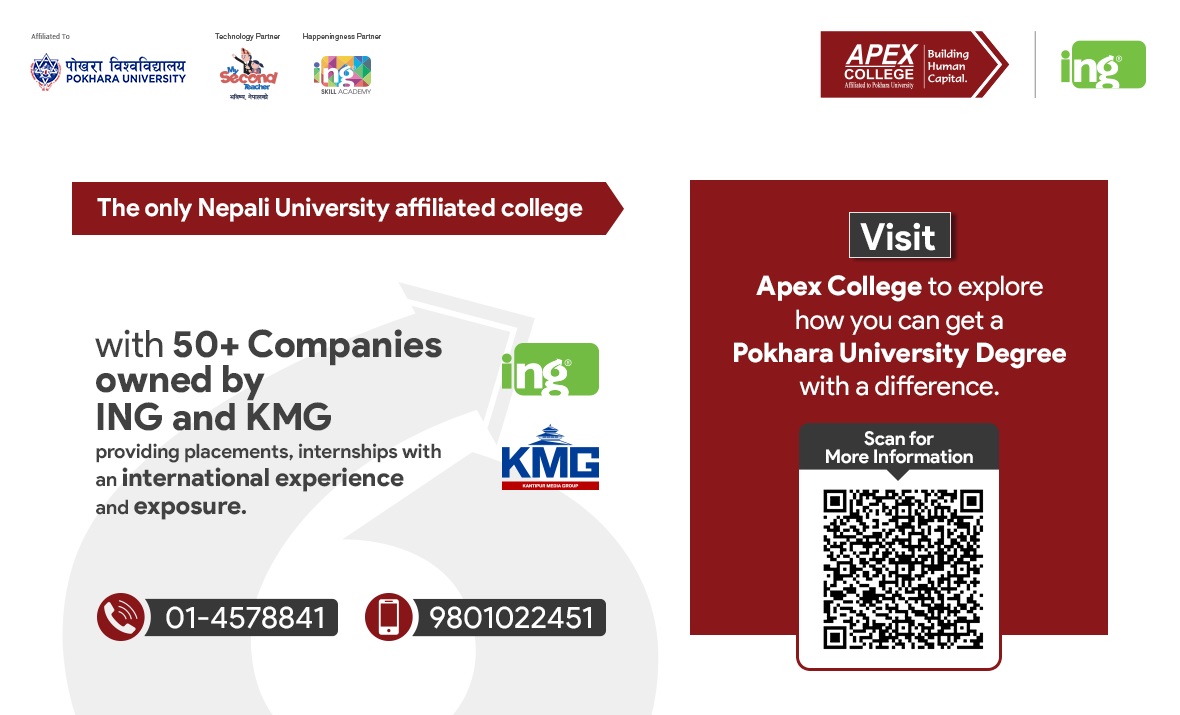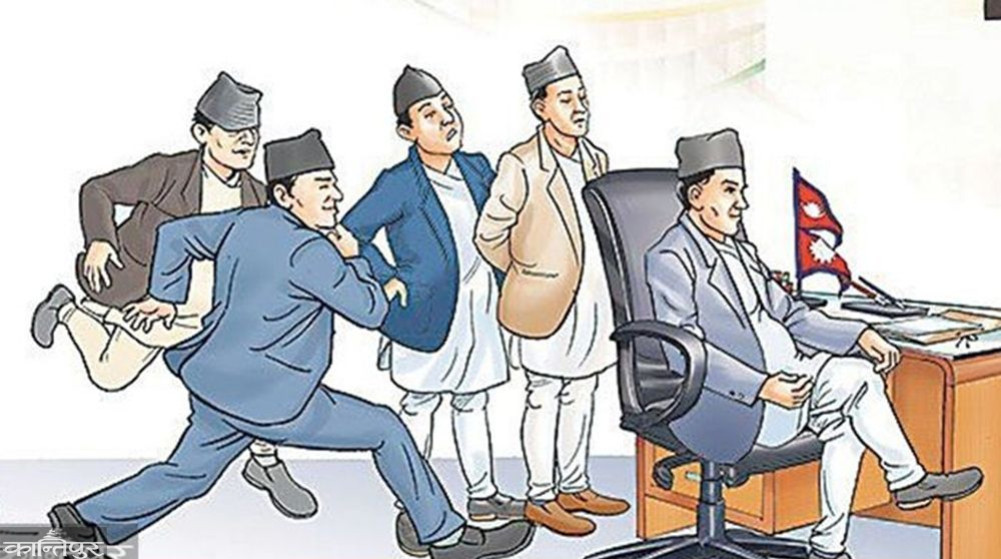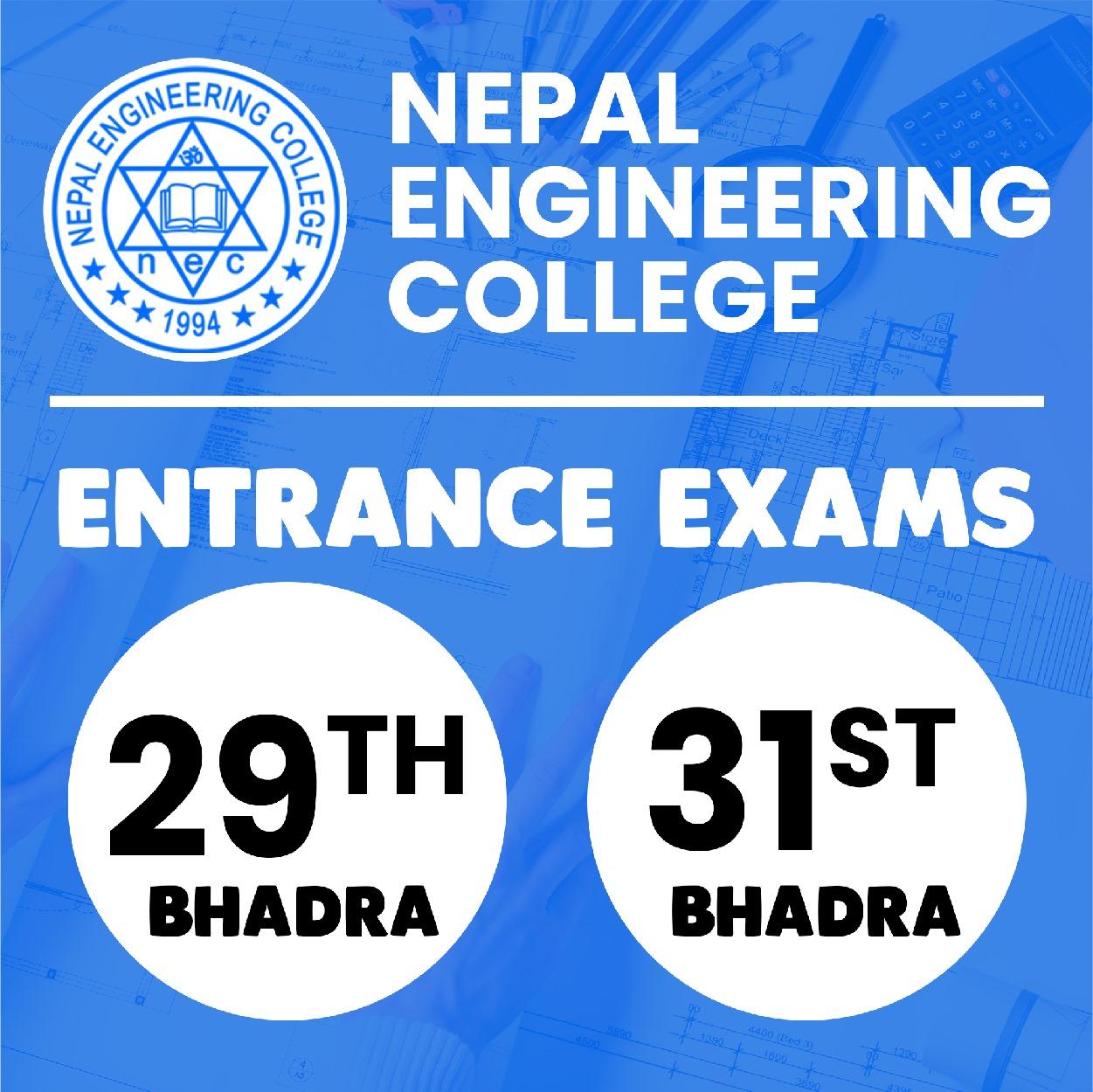'What makes you happy?'
We use Google Cloud Translation Services. Google requires we provide the following disclaimer relating to use of this service:
This service may contain translations powered by Google. Google disclaims all warranties related to the translations, expressed or implied, including any warranties of accuracy, reliability, and any implied warranties of merchantability, fitness for a particular purpose, and noninfringement.


dear brothers and sisters,
You call me father. So from now on I will address you as 'sons'.
I begin this article by asking you two questions. Do you know, what makes you happy? What are you willing to fight for?'



I know - you all know what is happening in the world. Because you are the internet generation. You know everything from BI (Business Intelligence) to AI (Artificial Intelligence) to Economics to Swiftonomics. But, ask yourself - do you know what makes you happy? Do you know what you are ready to fight for in life?
When you get stuck in these questions, you will not only find the answer to who you are, but also who you are not. Although it looks easy, these questions are not easy.
In the article published by last month, I said - the current generation is a bit impatient. This generation looks for random results. But I believe that if you can understand why you are going to do something, patience will increase itself. I asked at the beginning - 'What are you willing to fight for?' For me, the answer to this question is - freedom. If there was no clarity in the answer to this question, how could I endure 14 years of prison life?
'What are you willing to fight for, bro?' My question to you.
In last month's article I said - every day one step forward. You would think, this is just a slogan that I put forward when I was the Prime Minister. No, for me it's a lifestyle. how? Let me tell you a story.
Some time ago Sudarshan Sapkota wrote a news in 'Bizmandu'. The title was - 'Health institutions at a loss after the decrease in the number of patients, most of the private hospitals in Kathmandu are for sale.' This news made me very excited. The country's economy is also not good. Sectors ranging from manufacturing to manufacturing are badly affected. When I found out that the health service was also losing money, I felt cold. Due to time constraints, I skip most of the news headlines these days. But I read the whole news. The gist of the news was - private hospitals are closing due to lack of patients.
Why did this happen? Are people getting sick less? Was the slogan of a healthy Nepal successful when I was the Prime Minister? That people stopped going to the hospital because of the cost of treatment? Stop going to private hospitals or government hospitals too?
To know the answer to all these questions, you have to go back to the year 2072.
When I first became the Prime Minister, I started a model program in Kailali district on 25th Chait 2072. Three months later, I took the same model program to Ilam and Baglung districts. In the same year's budget, I asked the then Finance Minister Bishnu Prasad Paudel to allocate 2.25 billion rupees to bring that model program to 25 districts. That program has spread to 77 districts of the country today. Sudarshanji has written by 'quoting' businessman Kishore Maharjan - 'Due to the government's insurance policy, private hospitals have started to become empty.'
Now, after paying 3500 rupees annually, a family can get health insurance up to 1 lakh. More than 7 million citizens have health insurance. Because of this, the patient population has shifted from private hospitals to government hospitals.
is not limited to this. The 'eco system' we are looking for in the health sector is slowly being built. I said this last month too - when I was the Prime Minister, we laid the foundation stones of 396 local level hospitals with 15 beds at one time. Some local level started to provide services from that hospital. Some local levels have resorted to health insurance for the sustainable operation of these hospitals.
Last month, I took one such example from Kaligandaki Rural Municipality of Syangja District. The municipality has provided free health insurance to all 28,000 citizens there. For this, the municipality has spent about 18 million rupees. After the municipality provides free health insurance, citizens go to the local Kaligandaki hospital for treatment. The health insurance board reimburses the local hospital for the treatment of citizens. The municipality has run the hospital in Kaligand with the same insurance amount.
While the news is coming that private hospitals in the capital are losing money, Kaligandaki Hospital is earning about 4 crore rupees this year alone. In this way, an 'eco system' is slowly being formed in the health sector in the country, due to which citizens are getting rid of the worry of how to get treatment.
It took us more than 8 years to build a reliable health insurance system. It has been a decade since Khagraj Adhikari, the current Chief Minister of Gandaki Province, established the Social Health Security Development Committee in 2071 when he was the Health Minister. If I had thought that when the program that started from one district would reach 77 districts, today there would not be a day when the pressure will increase in government hospitals and decrease in private ones.
All I'm trying to say here is that anything takes time to produce results. But if you take a step forward for results every day, you will not notice the passing of time, nor will you worry about the results. Because the step up in pursuit of that result is exciting in itself. That's why I have been saying, every day one step forward. For
, the English word 'self discovery' is very popular. Your current age is a good time to engage in self-discovery. Research studies say that 75 percent of mental problems begin before the age of 25. And, research also says that knowing what makes me happy can improve a person's mental health, too. Therefore, it is important for you to know what makes you happy for your mental health.
Keeping this in mind, Madhyabindu Municipality of Nawalparasi district is going to do a great job in the field of education. The municipality under the leadership of Mayor Bhimalal Adhikari is going to implement the curriculum 'Our Happiness' in 66 schools, both private and government, with the motto of 'Prosperous Madhyabindu, Happy Citizens'. Such a course is about to be launched for the first time in Nepal.
I have received information that how to have 'mindfulness' and how to increase 'self-awareness' in the curriculum for children from class 1 to 8. For this, teachers of both private and government schools have been given necessary training. "Our happiness" is being read in the class every day for half an hour. While formulating the National Education Policy in the year 2076, we set its goal as 'Prosperous Nepal, Happy Nepali'. To achieve this goal, 'Our Happiness' course was prepared as a supplementary material. I believe, 'Ham Khusi' will make the students in the municipality get used to finding the answer to the question 'What makes me happy?' from a young age.
The patient, who couldn't afford the treatment until yesterday, is shocked to get free treatment today when he leaves the hospital - 'That makes me happy'.
Now you say - 'What makes you happy, bro?'
Next time we will discuss in more detail.
Read other articles by KP Sharma Oli :
- 'New Year Resolutions' and the younger generation
- Life, discipline and orchestra
- The Nepal I saw
- The three deaths that touched me
- My prison experience and the new generation
- An endless journey of study, curiosity and learning
- Why do I speak?
- I've 'deleted' 'defeat' and 'insult' from my brain
- I'm a man who fights, gets up and dusts himself off
- Five people who have influenced my life the most
- My little friends
- I Understanding leadership style
- A never-ending journey of study, curiosity and learning
 प्रकाशित : जेष्ठ २, २०८१ ०७:४९
प्रकाशित : जेष्ठ २, २०८१ ०७:४९

 २१.१२°C काठमाडौं
२१.१२°C काठमाडौं
















